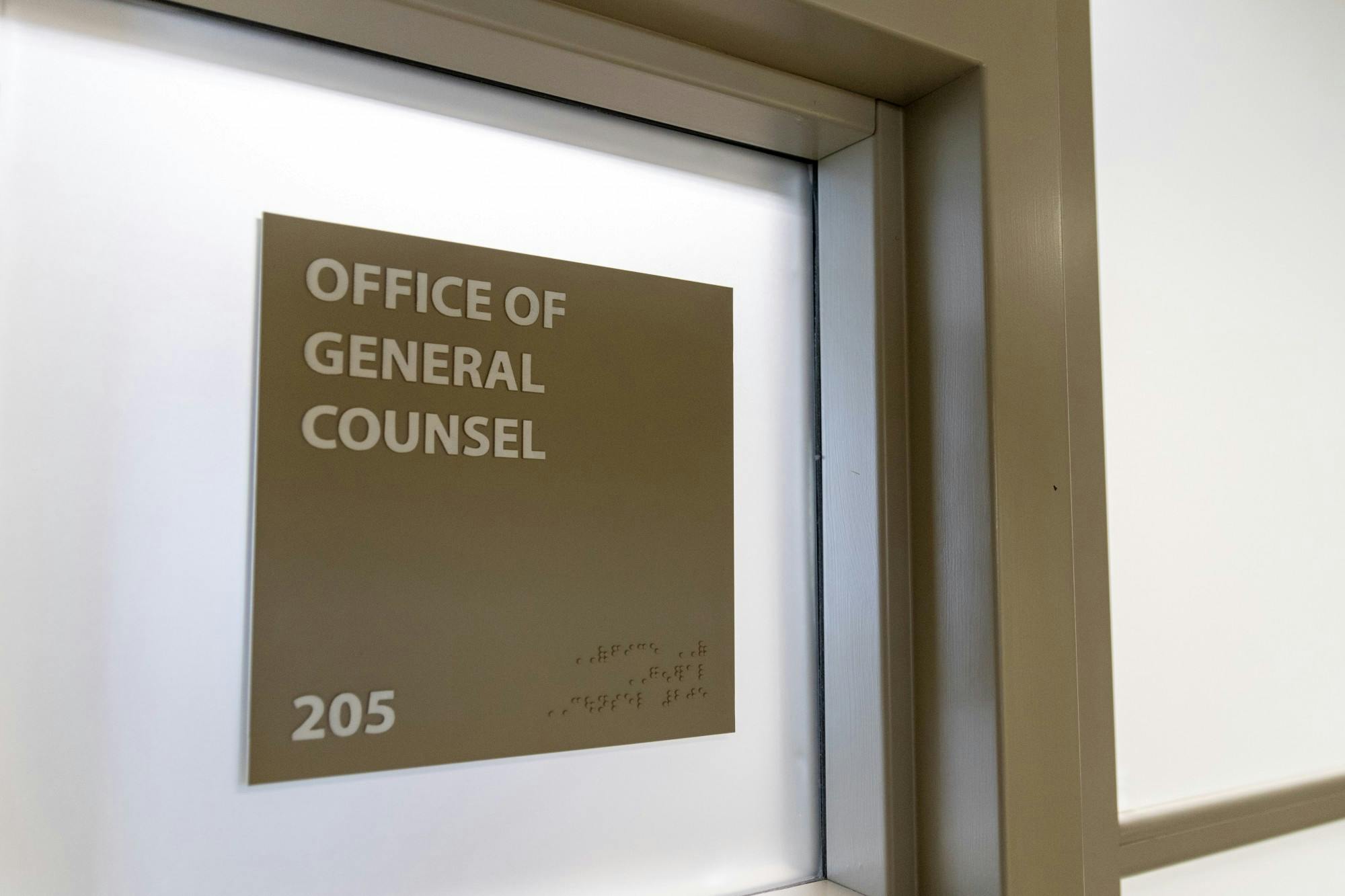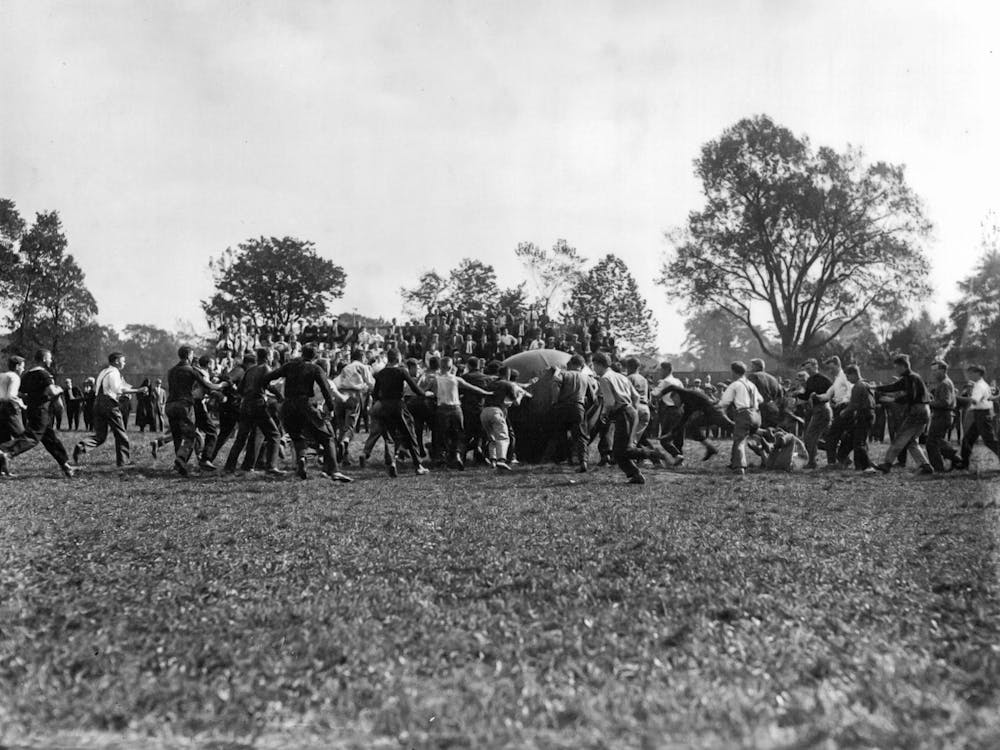On April 6, Adriene Knight filed a lawsuit against Miami University, the Board of Trustees and former provost Jason Osborne for the wrongful death of her husband, William “Bill” Knight, former assistant provost for the Office of Institutional Research and Effectiveness.
Ruth Groom, associate vice president for Academic Personnel, and Lindsay Carpenter, associate vice president for Budget and Analytics, are also named in the lawsuit.
Osborne, Adriene Knight, Groom and Carpenter did not respond to a request for comment.
In a statement to The Miami Student, Alecia Lipton, associate director of media relations at Miami, said the university believes this lawsuit is unwarranted.
“Dr. William (Bill) Knight was a valued colleague and member of the Miami community,” Lipton wrote. “His family and friends remain in our thoughts as they grieve, ask questions, and seek peace.”
“We believe the lawsuit filed against the university regarding the death of Dr. Knight is unjustified.
When Dr. Knight expressed his concerns that his mental health challenges were significantly affecting his work, his supervisor and colleagues responded with compassion and provided support and resources to help him succeed.”
The statement went on to recommend that people struggling with mental health seek support by calling 911, talking with primary care physicians, or going to therapy. Angela Wallace, Knight’s lawyer, said in an email to The Miami Student they are waiting for the university to answer their filed complaint.
“Once the university is served with the lawsuit, they will have 28 days to answer the complaint,” Wallace wrote. “The university's answer will be the next step in the lawsuit.”
Wallace said she doesn't think the university has filed its answer yet.
“I have not been sent a copy of the university's answer, so I do not believe one has yet been filed,” Wallace wrote.

More than 90% of wrongful death cases settle out of court.
Enjoy what you're reading?
Signup for our newsletter
Wrongful death is defined by the Ohio Revised Code 2125 as “when the death of a person is caused by wrongful act, neglect, or default.” This means if a person’s death is the result of a wrongful act, negligence or default, then the party responsible can be held liable.
Gus Lazares, a trial lawyer at Rittgers & Rittgers Nakajima, said proving wrongful death can be complicated. He said it is difficult to prove liability in a death-by-suicide case because the reason behind the death isn’t straightforward.
“In this case, on first glance, you’d say it would be more difficult than if someone got hit by a truck,” Lazares said.
Lazares said it’s likely Miami will try to have the lawsuit dismissed. However, if it makes it to court, the Ohio Attorney General could be brought in.
“My strong suspicion is that the Ohio Attorney General will enter an appearance on the case to help defend Miami University because it’s a state institution,” Lazares said.
There is also a possibility that both parties will reach a settlement agreement before a public trial. According to the law office of Retchman and Spevak, more than 90% of wrongful death cases settle out of court. Lazares said outright dismissal or settlement would be ideal for Miami.
“[Miami’s] probably trying to say, ‘What angle do we have here to just get this case dismissed outright?’” Lazares said. “If there’s no way to get it out of court early, then their challenge may be … is there an amount that makes everyone happy and makes this kind of go quietly into the night.”
Lazares said the next move for Miami’s lawyers will likely be a motion to dismiss or early motions for summary judgment. A summary judgment means a judge would review the facts of the case and make a decision without a trial. However, Lazares said if Adriene Knight’s case holds to be true, there will likely be a settlement.
“What the statistics tell us is that the strong overwhelming majority of cases settle without going to trial,” Lazarus said. “If there’s a meritorious case legally and factually, the case will probably reach a confidential settlement.”




